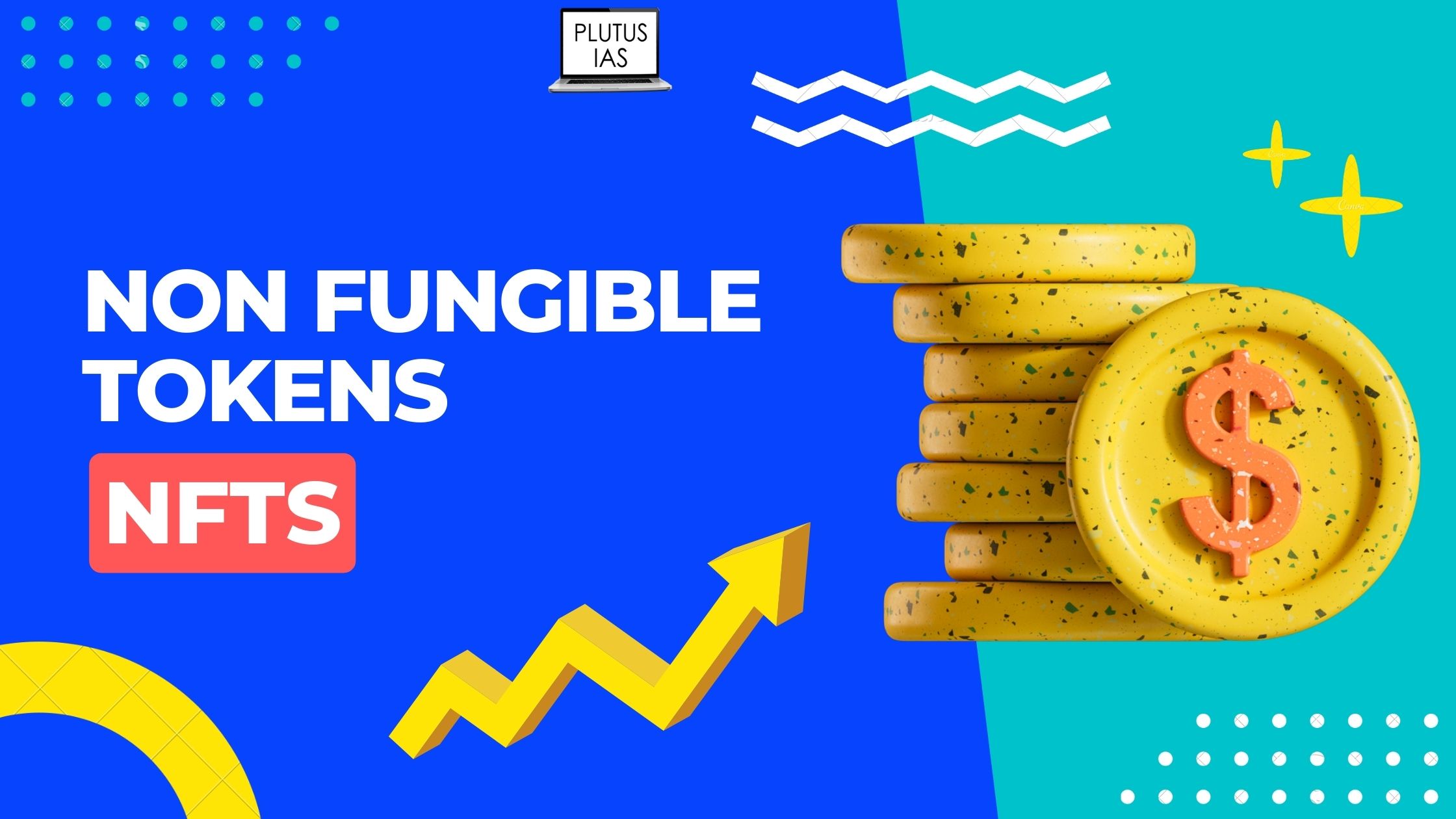23 Aug Non Fungible Tokens (NFTs)
Non Fungible Tokens
- Non Fungible Tokens are tokens that we can use to represent ownership of unique items.
- Items like videos, photos, drawings, GIFs, music, selfies, art, collectibles, real estate, and even a tweet can be turned into an NFT, which can then be traded online by using cryptocurrency.
- “Tokenizing” these real-world tangible assets makes buying, selling, and trading them more efficient while reducing the probability of fraud.
- NFTs can also function to represent individuals’ property rights, identities, and more.
- They can only have one official owner at a time and they’re secured by the blockchain.
- NFT stands for non-fungible token. Non-fungible is an economic term that you could use to describe things like your art, song, furniture, etc. These things are not interchangeable with other items because they have unique properties.
- NFTs are cryptographic assets on a blockchain with unique identification codes and metadata.
- In early March 2021, a group of NFTs by digital artist Beeple sold for over $69 million. The sale set a precedent and a record for the most expensive pieces of digital art sold thus far. The artwork was a collage of Beeple’s first 5,000 days of work.
- Currently, popular NFT marketplaces are OpenSea.io, Raible, and Foundation.
- Although these NFTs platforms are host to thousands of NFT creators and collectors, before buying them, proper research should be done. Some artists have fallen victim to impersonators who have listed and sold their work without their permission.
- Unlike cryptocurrencies, they cannot be traded or exchanged at equivalency. This differs from fungible tokens like cryptocurrencies, which are identical to each other and, therefore, can serve as a medium for commercial transactions.

Non Fungible Tokens
How Is a Non Fungible Tokens Different from Cryptocurrency?
- NFT stands for non-fungible token. It’s generally built using the same kind of programming as cryptocurrency, like Bitcoin or Ethereum and both are built on Blockchain but still, both are different from each other
- Cryptocurrencies are “fungible,” it means they can be traded or exchanged for one another. They’re also equal in value— one Bitcoin is always equal to another Bitcoin. Crypto’s fungibility makes it a more trusted means of transactions on the blockchain.
- NFTs are non-fungible. Each has a digital signature that makes it impossible for NFTs to be exchanged for or equal to one another. Non Fungible means NFTs aren’t mutually interchangeable.
NFTs are used for the following cases
- Investments and collateral
- Digital content
- Physical items
- Gaming items
- Domain names
Risks associated with buying NFTs
- Several incidents of NFT scams have been reported including the emergence of fake marketplaces, and unverified sellers.
- Unverified sellers also impact real artists and sell copies of their artworks for half prices.
- Hacking of the Non Fungible Tokens collections.
- Ownership issues
- Environment issues, for validation of transactions, require crypto mining, as a result, high-powered computers that run at a very high capacity, affect the environment.
Source:
Daily Current Affairs for UPSC
Current Affairs play a vital role in the UPSC examination. Every aspirant should read daily current affairs for enhancing his/her general knowledge. So, Read the best daily current affairs for the UPSC examination from Plutus IAS free of cost. Also, get weekly, and monthly current affairs today for the IAS exam Preparation.



No Comments